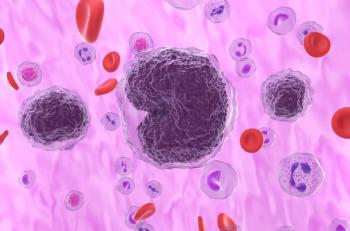
Liso-cel showed a statistically significant and clinically meaningful overall response rate in the cohort.

Liso-cel showed a statistically significant and clinically meaningful overall response rate in the cohort.

Catch up on the latest news, breakthroughs, and announcements from biotechnology companies making advancements in cell and gene therapies.

Troculeucel is currently being evaluated in a phase 1/2a trial (NCT06189963) for moderate AD.

The transplant, which took place at Massachusetts General Hospital MGH, was part of an FDA-authorized Expanded Access pathway.
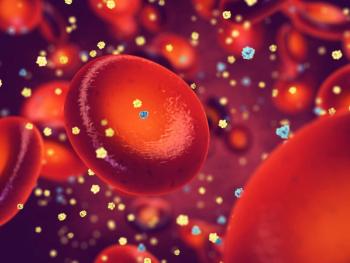
The company stated that at 1 year posttreatment AlloStem showed an 80% overall efficacy rate in decreasing insulin dependency.
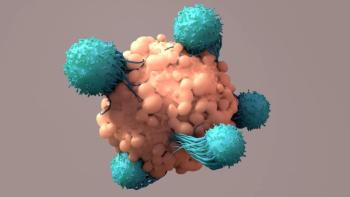
Specifically, the recommendation pertains to a potential indication for adults with r/r FL who have received 2 or more prior lines of systemic therapy.

In observance of International Epilepsy Day, held annually on the second Monday of February, we took a look back at the past year's news in cell and gene therapy for epilepsy indications.
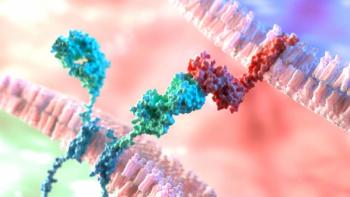
The therapy is currently being evaluated for AL amyloidosis in the phase 1b/2 NEXICART-2 clinical trial (NCT06097832) in the United States.

Review top news and interview highlights from the week ending February 7, 2025.

Mark Hamilton, MD, PhD, a hematology-oncology and BMT cell therapy fellow at Stanford University, discussed implications of his institution’s findings on treatment-related secondary malignancies.

A positive mean eGFR slope was seen in 23 patients who reached 1 year of follow-up in the phase 1/2 STAAR trial.

With regard to safety, Ultragenyx characterized the gene therapy as “generally well-tolerated."
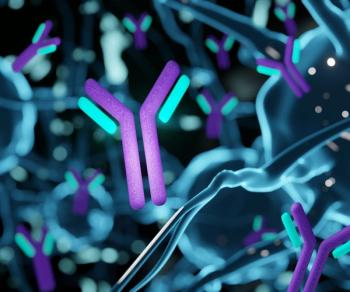
Notably, the product previously received fast track designation from the FDA for relapsed/refractory class III or class IV lupus nephritis.

The product, also known as Vigil, is being evaluated in the ongoing randomized, placebo-controlled phase 2b VITAL clinical trial.

Catch up on the latest news, breakthroughs, and announcements from biotechnology companies making advancements in cell and gene therapies.
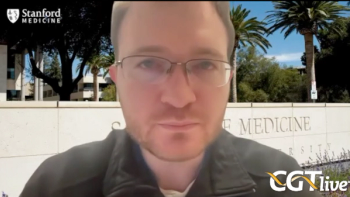
The hematology-oncology and BMT cell therapy fellow at Stanford University discussed implications of his institution’s findings on treatment-related secondary malignancies.

Among the 5 patients in the efficacy set, 4 patients ceased receiving their previous standard of care therapy.
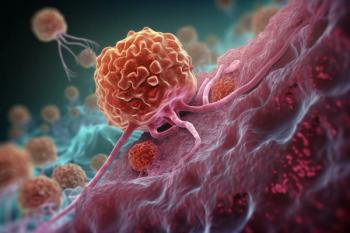
For World Cancer Day, held annually on February 4, take a look at the stories that have stood out in oncology cell therapy in recent months.
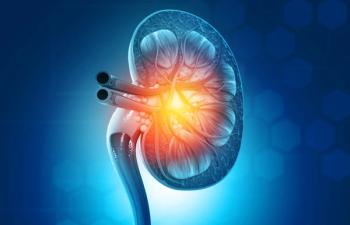
The IND clearance constitutes the first for a xenokidney product.

Catch up on any of the key data updates you may have missed last month, with coverage highlights from the CGTLive™ team.

Barry J Byrne, MD, PhD, the chief medical advisor of MDA, also shared his thoughts on the 75th anniversary of the organization.
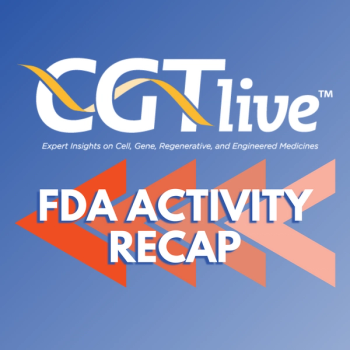
Catch up on any of the key FDA news stories you may have missed last month, with coverage highlights from the CGTLive® team.

Review top news and interview highlights from the week ending January 31, 2025.
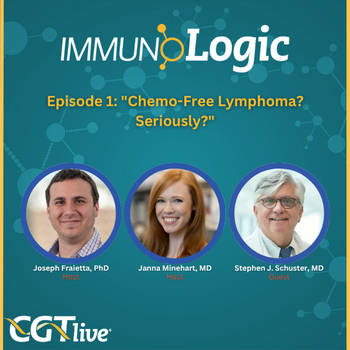
In Episode 1 of ImmunoLogic, Stephen J. Schuster, MD, discussed the potential of treating lymphoma without chemotherapy.

Barry J Byrne, MD, PhD, the chief medical advisor of MDA, discussed what attendees can expect at the 2025 MDA Meeting.

The company received a recommendation from the study’s IDMC to move onto enrollment for the trial’s second cohort.

The chief medical advisor of the Muscular Dystrophy Association also shared his thoughts on the 75th anniversary of the organization.

Catch up on the latest news, breakthroughs, and announcements from biotechnology companies making advancements in cell and gene therapies.

With regard to safety, the company stated that no new safety signals have been reported.

The chief medical advisor of the Muscular Dystrophy Association discussed what attendees can expect at the 2025 MDA Meeting.